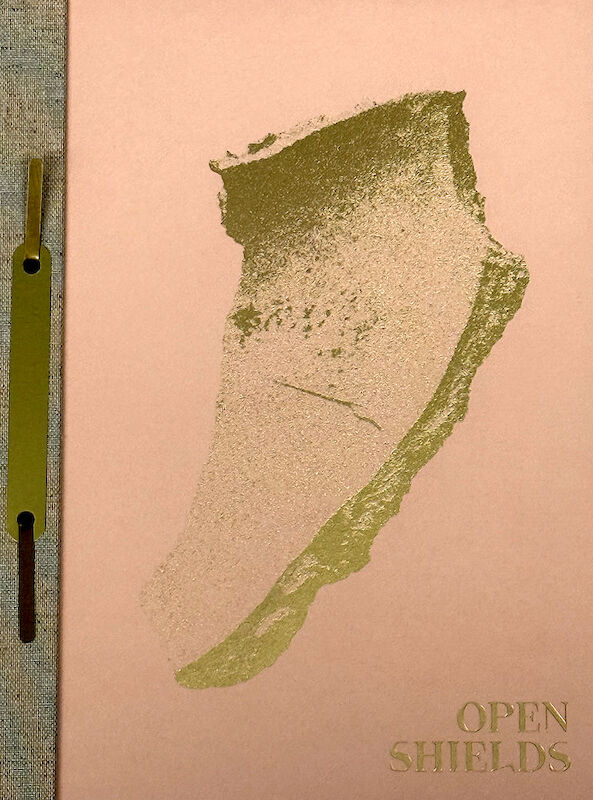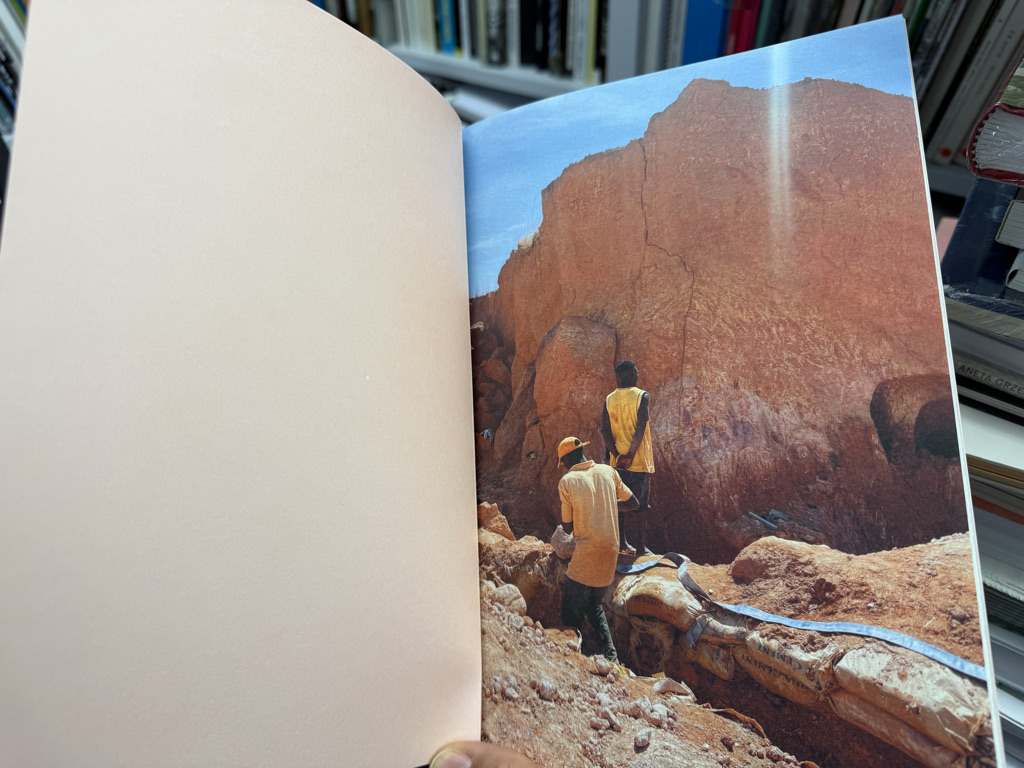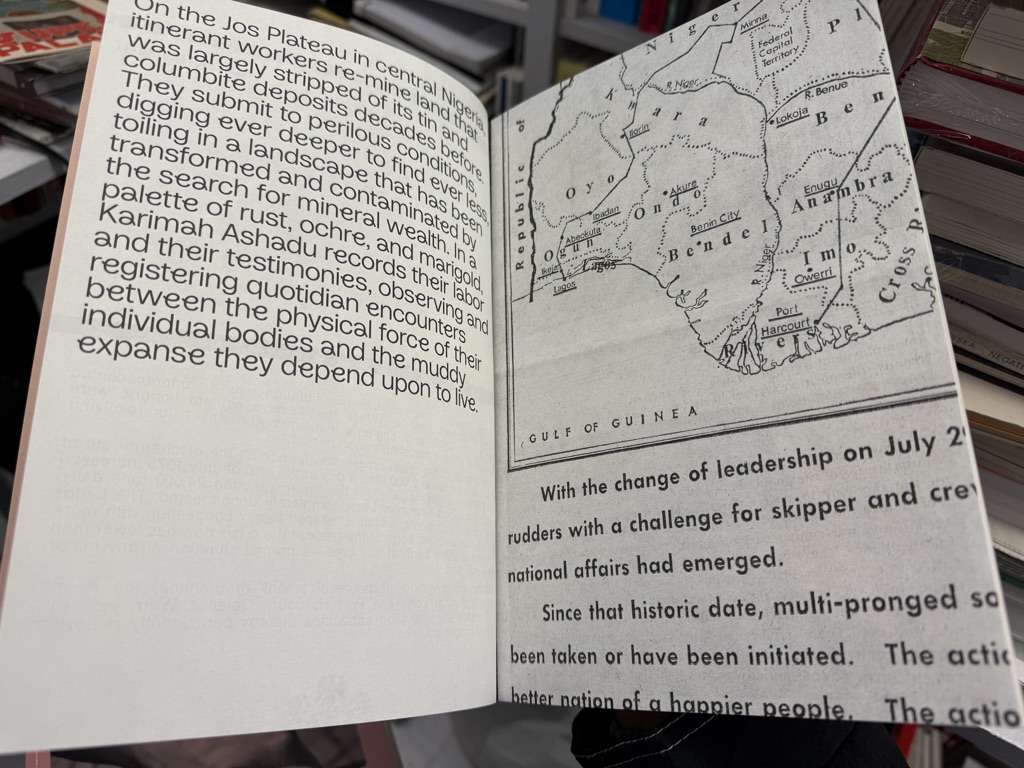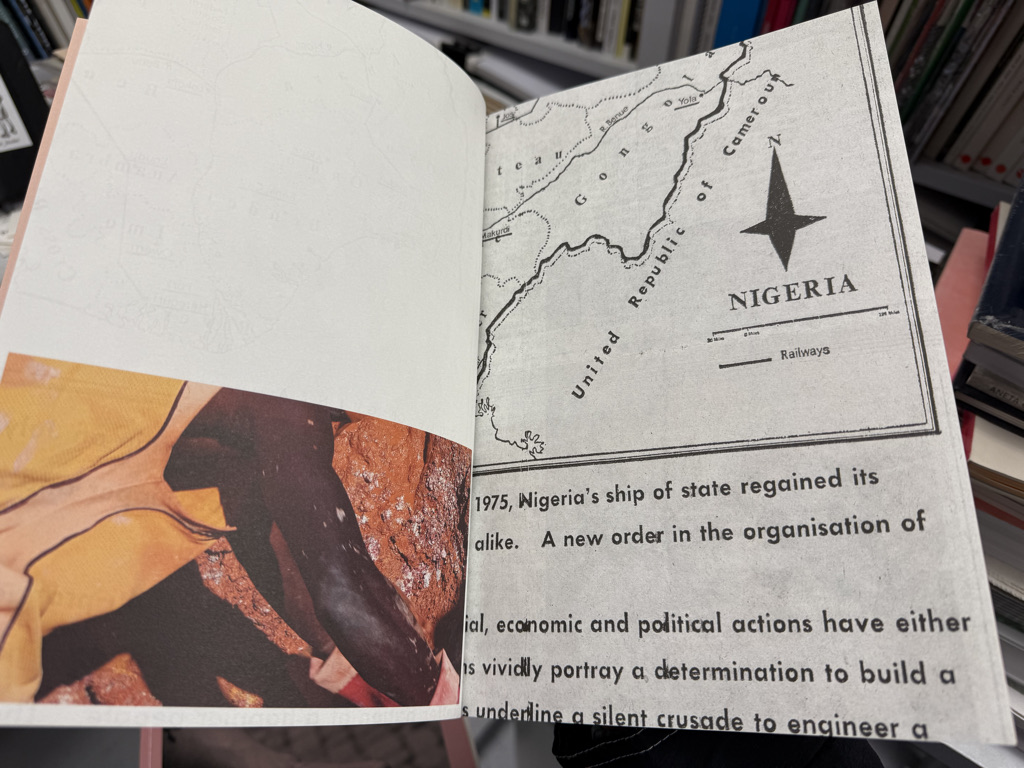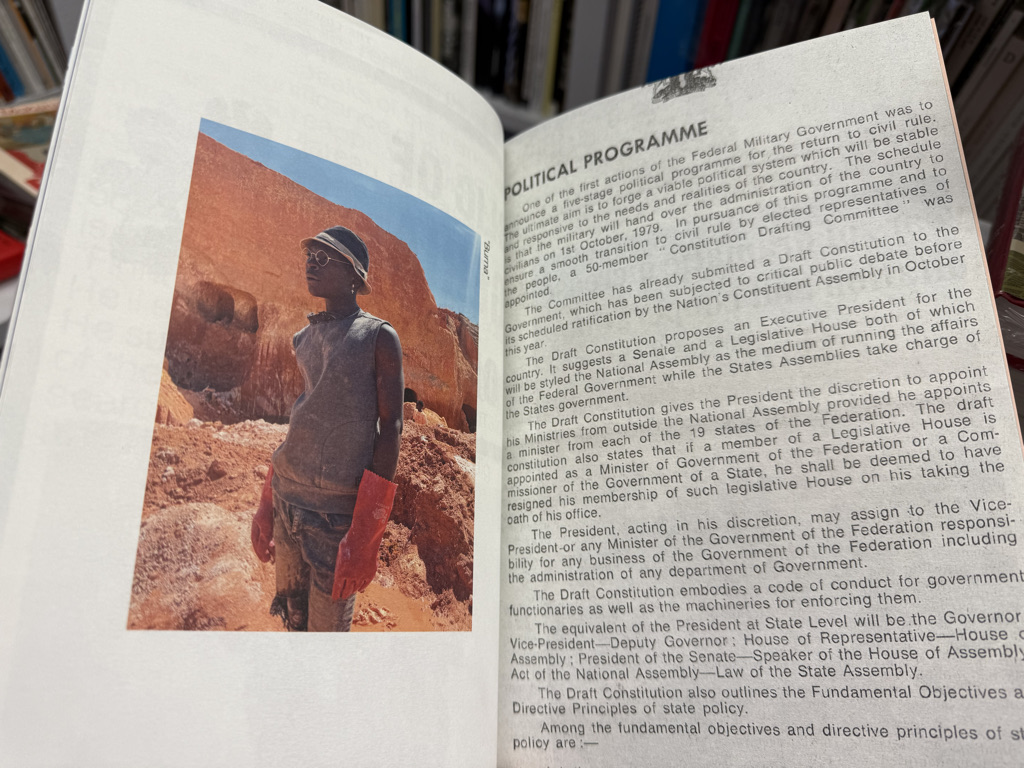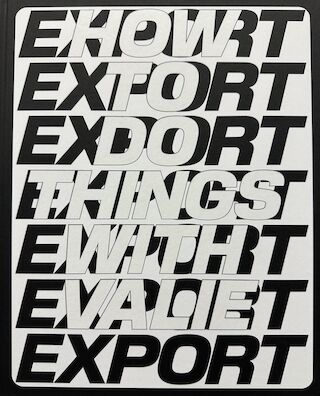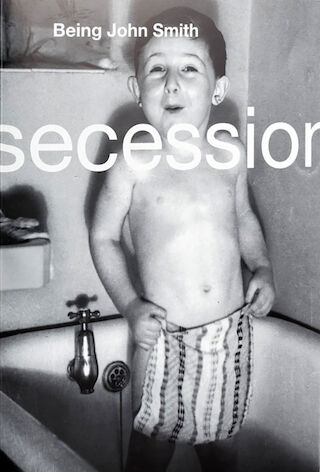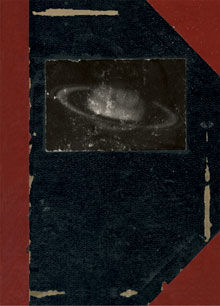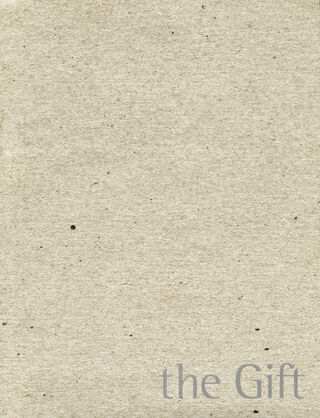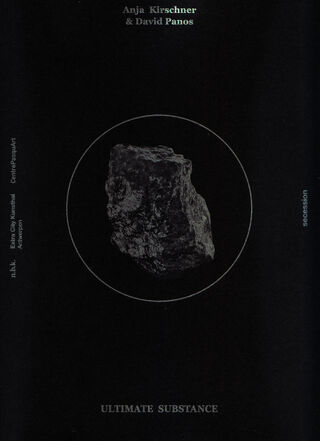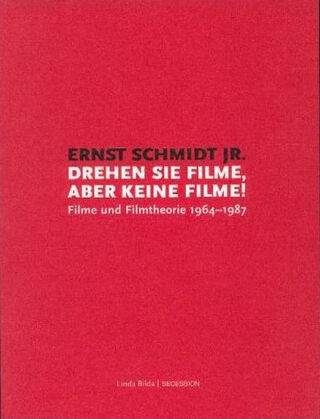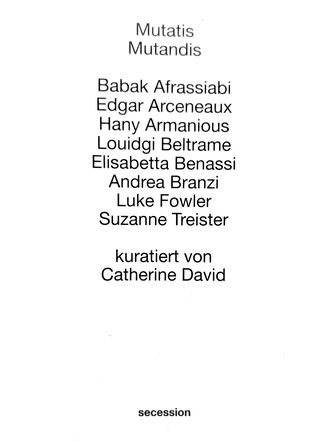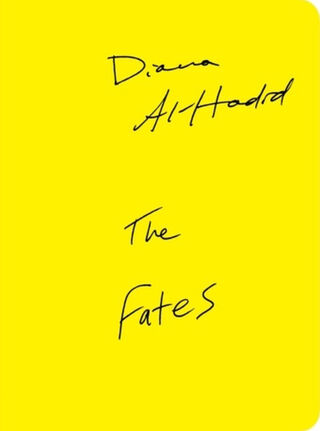Karimah Ashadu. Open Shields
Karimah Ashadu’s film Plateau (2021–2022) presents a profound and layered exploration of artisanal tin mining in Nigeria’s Plateau State.
The work combines personal observations, historical fragments, and material explorations, capturing the essence and energy of tin mining while reflecting on the intimate connection between workers and the landscape. The film emphasizes the sedimented layers of both present and past, weaving together the resilience of the miners with the harsh realities of their labor.
Ashadu’s artistic practice addresses themes of labor, patriarchy, and independence within the socio-economic and cultural contexts of West Africa, particularly Nigeria. In Plateau, she focuses on the lives of undocumented, self-employed tin miners in the Jos Plateau, who work under precarious and life-threatening conditions. The film creates a lyrical yet investigative exploration of the relationship between the miners' bodies and the land they navigate, symbolized by the enduring presence of cactus in the harsh environment. Ashadu resists romanticizing the workers' lives, instead staying close to their exhaustion and determination as they tend to the land with inherited, manual techniques.
The installation of Plateau extends beyond the film itself, incorporating sculptures made from materials sourced directly from Jos, including clay, cloth, tinted glass, and raw tin. These objects reflect the ambivalence of the workers’ struggles, while the materiality of glass alludes to colonial power structures and the mechanisms of visibility. Ashadu’s installation brings the same tactile, grounded sensibility of the film into the gallery, adding physical dimension to the exploration of labor, colonial history, and the resilience of the miners.
Ashadu's work has been exhibited internationally, including a premiere at the Secession in Vienna in 2021 and at the Fondazione In Between Art Film in Venice. Her filmmaking approach is deeply rooted in observation, allowing the anatomy of motion to reveal novel perspectives. Through her focus on the bodies of the mineworkers and the rich, vibrant colors of the landscape, Ashadu's work offers a nuanced reflection on the practice of labor as a path to independence, showing the resilience and self-determination of communities shaped by the legacies of colonialism.

